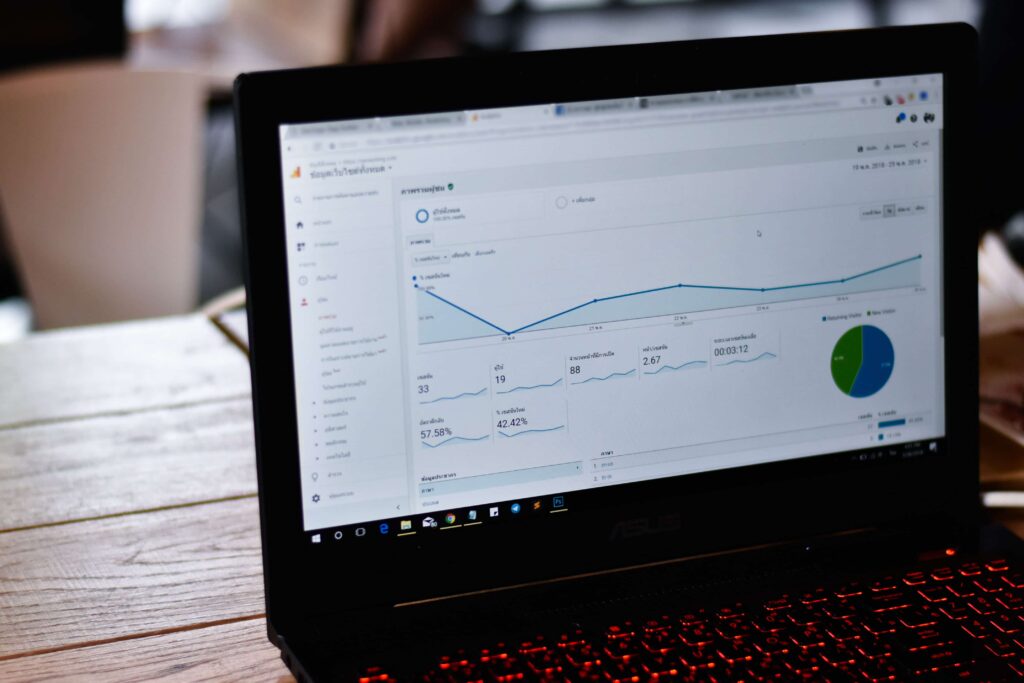CTA & Lead Tracking
When you are building your website, you have various calls to action throughout. What’s a call-to-action?
Sometimes it’s a big button that says “Contact Us” or “Send Us an E-mail.” Sometimes it’s a phone number with the text “Call Us Now.” Hopefully, it’s clickable, as not all of them are. Have you ever been on your phone and you want to call the number on-site, but the person who built the website forgot to make a clickable number? Well, that’s a call to action. Whether you can click on it or not.
These are all different events on your website that you want to be able to track and track really well. But why?


Identifying What Works
Data is what we use in digital marketing to make the right decisions. The more data we get and the more accurate it is, the better decisions we can make. That should be self-evident. But what does that mean?
Because we are a sophisticated business with a mature digital marketing campaign and department, we now have multi-channels of digital marketing. We have pay-per-click, we have paid social, we have SEO, organic. We have email marketing. We have traditional marketing like direct mail or sending out SMS. We’ve got all these different channels of marketing that we use to promote ourselves.
What we need to know is what are the successful channels? What am I spending on and how am I getting that back as a return-on-investment (ROI) on ad spend? These are big questions to know, especially for our paid campaigns. Data tracking helps us know as accurately as possible where those are coming from and how they interact with each other.
Tracking
Let’s say we have set a paid social campaign and it’s a video introducing our new product of wearable tech that tracks our heartbeat.
We’ve got people seeing this, generating a lot of views. At the same time, we also have a paid campaign in Google that puts out ads for people searching for wearable tech.
Now, if I don’t have any tracking set up for the traffic generated to my website, I don’t know which of those two campaigns they’re coming from. Is it the Google campaign or is it the paid social campaign?
That’s probably the most basic example of white tracking support. The traffic could all be coming from the Google source and none from the paid social source. I may be wasting money on this campaign when I could be reallocating it to the one that works.


What Medium To Stick With
That’s the most basic example, but let’s try a more sophisticated one. Let’s say I have tracking set up on Facebook – what’s known as a Facebook Pixel that’s tracking anybody coming to my website from Facebook. And with Google, I’ve got my key tag, which is gonna track my Google ads. Both are firing, and I know who’s coming from Google and who’s coming from Facebook.
Which one of those visits brought the sale? How many times did that person come back to the site? Did they Google you on organic search after the fact? Or maybe you’ve got an email campaign and you sent them a message. Are you tracking from their email to see if they purchased it after receiving your message?
All of these different channels can work together to better help you in generating engagement to your website or business.
